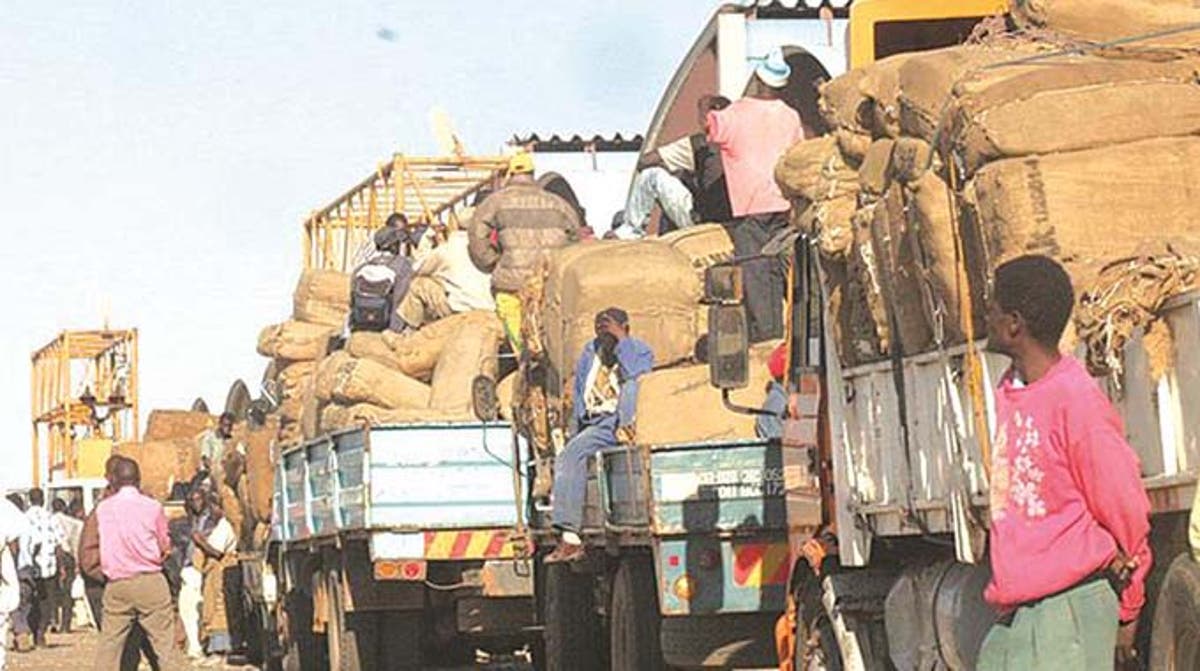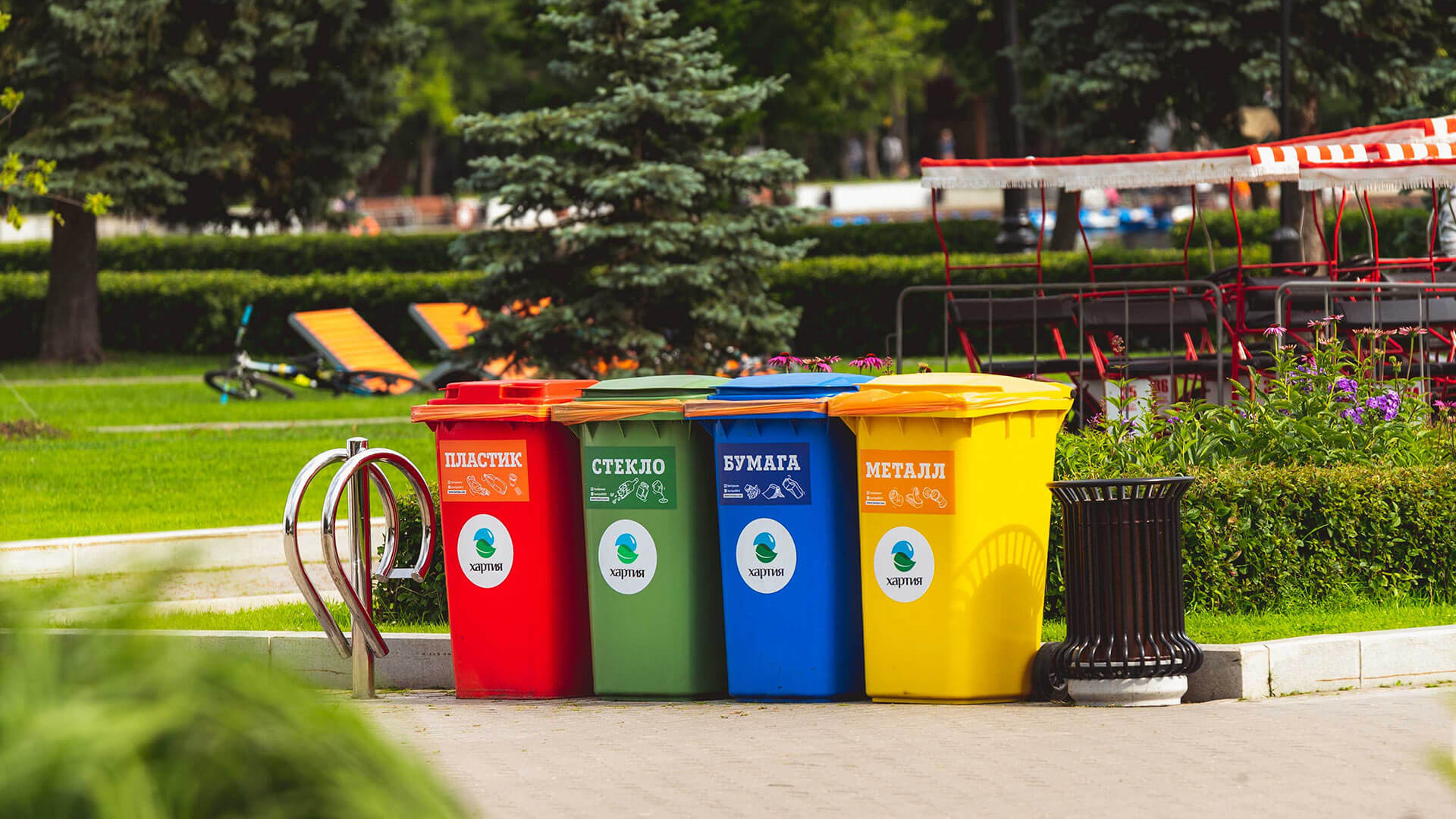Emirates recycles 500 tonnes of plastic bottles
Emirates has started work on an environmentally friendly initiative and has so far recycled more than 500 tonnes of plastic and glass in one year from discarded bottles on-board for repurposing, reducing emissions by about 70 percent.
It is estimated that 500 tonnes is almost the same weight as a fully loaded Emirates flagship A380 aircraft.
According to the airline, on-board every flight that lands in Dubai, Emirates cabin crew separate — by colour — glass and plastic bottles, before they are sent to a recycling plant in Dubai.
“This ‘cullet’ or recycled glass that is ready to be re-melted, is then sent to glass manufacturers in the UAE to include in their batch mix for new bottles. The plastic bottles are cleaned, chopped into flakes, melted into pellets, and sent to manufacturers to make other plastic products. As a result, Emirates and Emirates Flight Catering divert thousands of kilogrammes of glass and plastic away from landfill each year,” said Emirates.
The glass and plastic recycling initiative on-board was suggested by environmentally conscious Emirates Cabin Crew in 2019, as part of regular webinars and events where they are given a platform to share feedback and encouraged to share innovative ideas to key departments.
Emirates has several other initiatives which focus on repurposing plastic or using sustainable materials where possible for instance its blankets made from recycled plastic.
“For the last six years, Emirates has offered cosy sustainable blankets made from recycled plastic bottles to Economy passengers on long haul flights. The soft and warm blankets are made from 28 recycled plastic bottles.
“The bottles are shredded into plastic chips before being turned into yarn, creating a fleece material.
“The fine thread is then woven into soft blankets. Over the six years since the initiative was introduced, Emirates blankets have prevented more than 95 million plastic bottles from going to landfill.
“As the largest sustainable blanket programme on board in the airline industry, the manufacturing process of using recycled polyethylene terephthalate (rPET) also reduces energy emissions by around 70 percent,” said the airline.
The initiatives complement global calls for sustainable operations among businesses in the face of greenhouse emissions that are fuelling climate change and its adverse impacts especially in developing nations.
Cases of climate induced natural disasters like flash flooding have been on the increase causing damages to infrastructure, and the entire economy.
The Southern Africa region in particular has also been exposed to dry spells compromising food security and livelihoods of many who rely on agriculture like Zimbabwe.-ebusinessweekly










